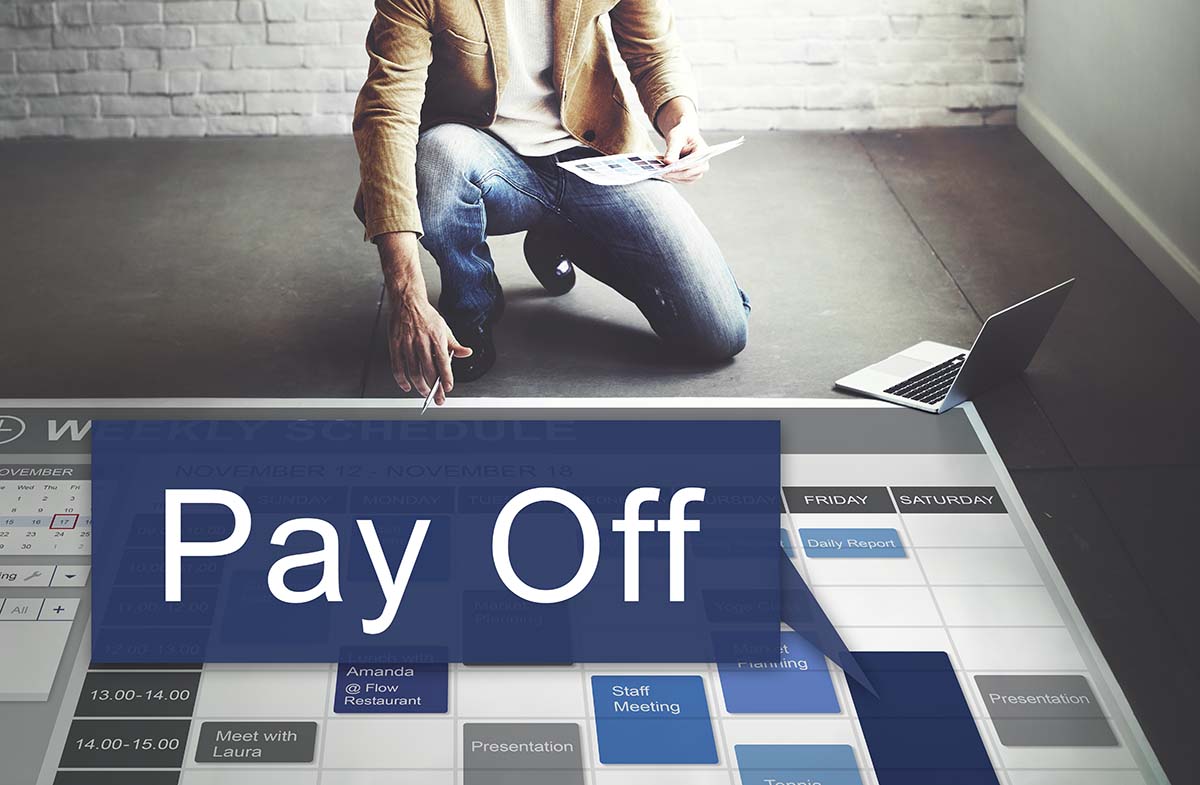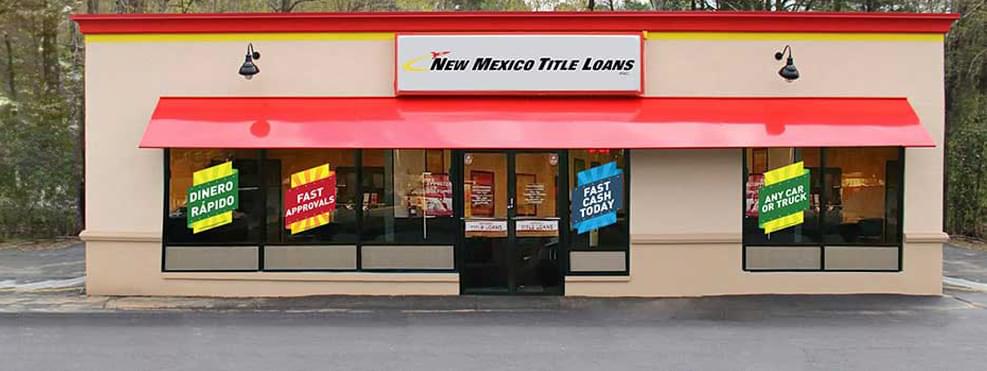
What Happens If You Pay Off Your Personal Loan Early?
A loan can help when you are dealing with an emergency, and you are struggling. The thing about a loan is you need to make sure you are paying it off on time. Paying the loan on time can help build your credit history and keep you from going through a serious financial struggle. But what happens if you pay off your loan early?
Will paying off your loan early actually improve your credit score by showing that you’re in a better financial state? Or can it lower your credit score and make you financially vulnerable? It actually depends on a lot of factors that you need to consider. Here’s what to consider before you decide to pay off your loan early.
Check Out What Happens When You Pay Off Your Loan Early

Look At Your Overall Financial Situation
You’re probably considering whether you should pay off your loan early once you find out your income increased or you got an unexpected windfall like a bonus or inheritance. That’s great news, but experts say that it may not always be wise to put all that money into repaying the loan. You have to look at your overall ability to provide for both current and future needs.
Your first priority is to have emergency savings that are equivalent to 3 to 6 months of your household expenses. If you don’t have savings, and another financial emergency strikes, you’ll end up getting another loan. Your second priority is to develop your ability to earn higher income. If you have extra cash, consider paying for a class that will increase your skills and helps you get a better job.
If you really want to be debt-free sooner rather than later in life, work on paying off the loan on time while you keep building your savings and your career continues to grow. You should also never use all your savings just to wipe a loan clean ahead of time. Doing something like that will put you at financial risk instead of making your situation better.
See If You Have Other Loans Or Credit Balances
If you have savings, your next priority is to look at your current forms of credit and debt. Aside from the loan, do you have credit cards or other unpaid accounts? If you are already on time with your loan and are now in good standing, use any extra cash to lower balances on other debts. This can help your debt-to-income ratio, which can raise your credit score more than if you pay off your loan early.
Grab The Opportunity To Build Payment History
Paying bills and loans on time can definitely improve your credit score. However, when you pay off your loan early instead of sticking to paying it on time, you have fewer chances to prove that you are actually paying it off early. What do we mean? Well, you are eliminating any proof of your credit history when you get rid of your loan payments so early.
Without any kind of debt left in your credit history, there’s no way for credit bureaus to measure your creditworthiness. That’s not an issue if you already have a good credit score; but if you haven’t been able to build your credit history, it may be better to stick to the original payment schedule instead of paying a loan off early.
Check Your Credit Utilization Ratio
Your credit utilization ratio is another factor used to compute your credit score. It measures how much you use of your available credit limit. So, if you have paid off a large amount of your loan, you lower your credit utilization ratio. This can offset other forms of debt with a larger balance, like a credit card. As you can see, paying off your loan early and leaving a large balance on your credit card will lower your credit score.
Look At Your Credit Mix
Your credit mix shows how many different kinds of credit you have like credit cards, revolving credit, and so on. It is the smallest factor in your credit history, so it’s not a deal breaker. However, if you’re planning to take out something like a mortgage, you need your score to be as high as possible to get good interest rates. It’s good to have a longer record with a loan — which means paying it off early will work against you.

Handle Emergencies With An Installment Loan
Whether or not you decide to pay off your loan early, an emergency can still strike and hurt your finances. If that is the case for you, let an installment loan from New Mexico Title Loans, Inc. help you out. It’s easy to apply for an installment loan with us. If you are approved, you can borrow up to $1,250 and pay it off in regular installment payments.
You just need to present a driver’s license or state-issued photo ID, your most recent pay stub to prove your income, and a recent blank bank statement from an active checking account that is under your name. Just fill up the online inquiry form and one of our loan representatives from the nearest New Mexico installment loan location will contact you and explain the whole process.
When you’re ready we will set up an appointment for you to come into the branch to submit the documents and allow us to assess your items and run a quick credit check. If you’re approved for the loan, you can get the money on the same day or the next bank business day at the latest. Reach out and get your installment loan process going.
Find Out What Happens If You Pay Off Your Loan Early
When it comes to a loan and when you pay it off, it actually takes some consideration. There are pros and cons to either paying it off on time or seeing if you can pay off your loan early. Whatever you choose, make sure you are considering all of your options carefully. And if you run into an emergency and need help, fill out the online form for an installment loan today.
Note: The content provided in this article is only for informational purposes, and you should contact your financial advisor about your specific financial situation.
